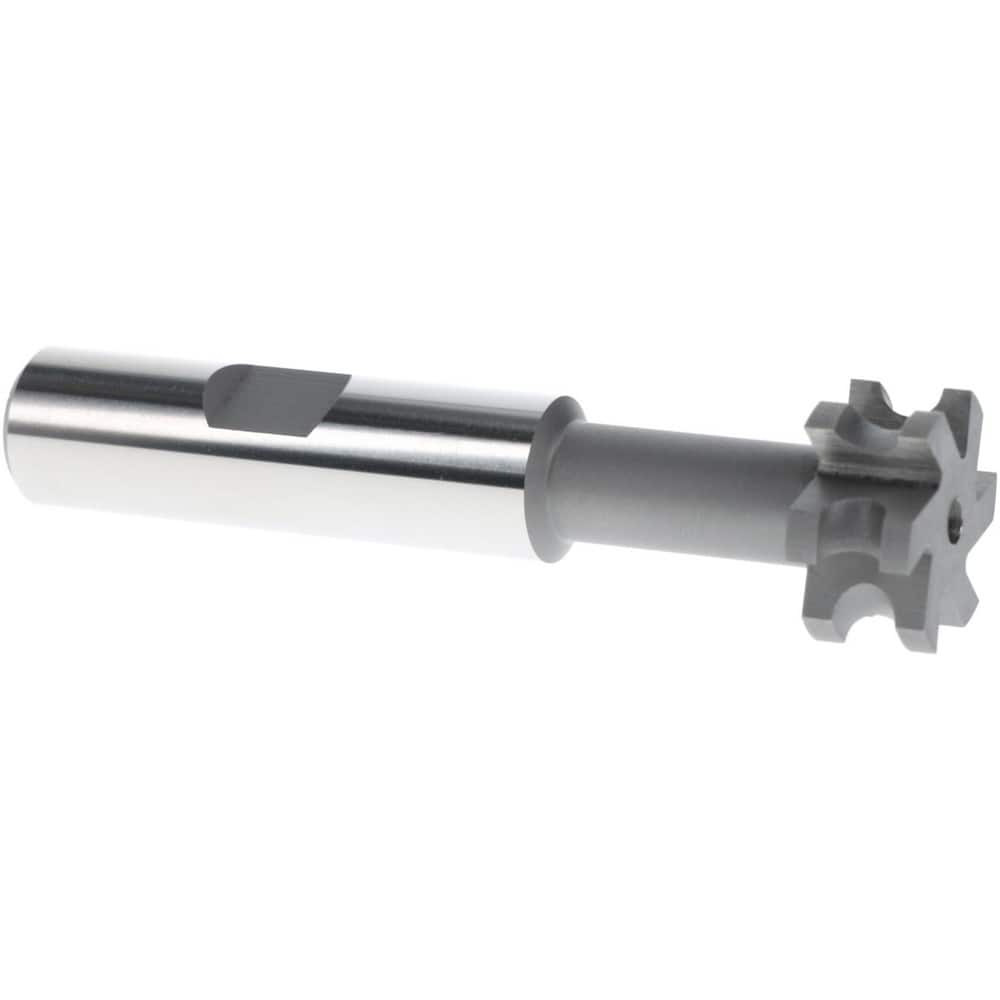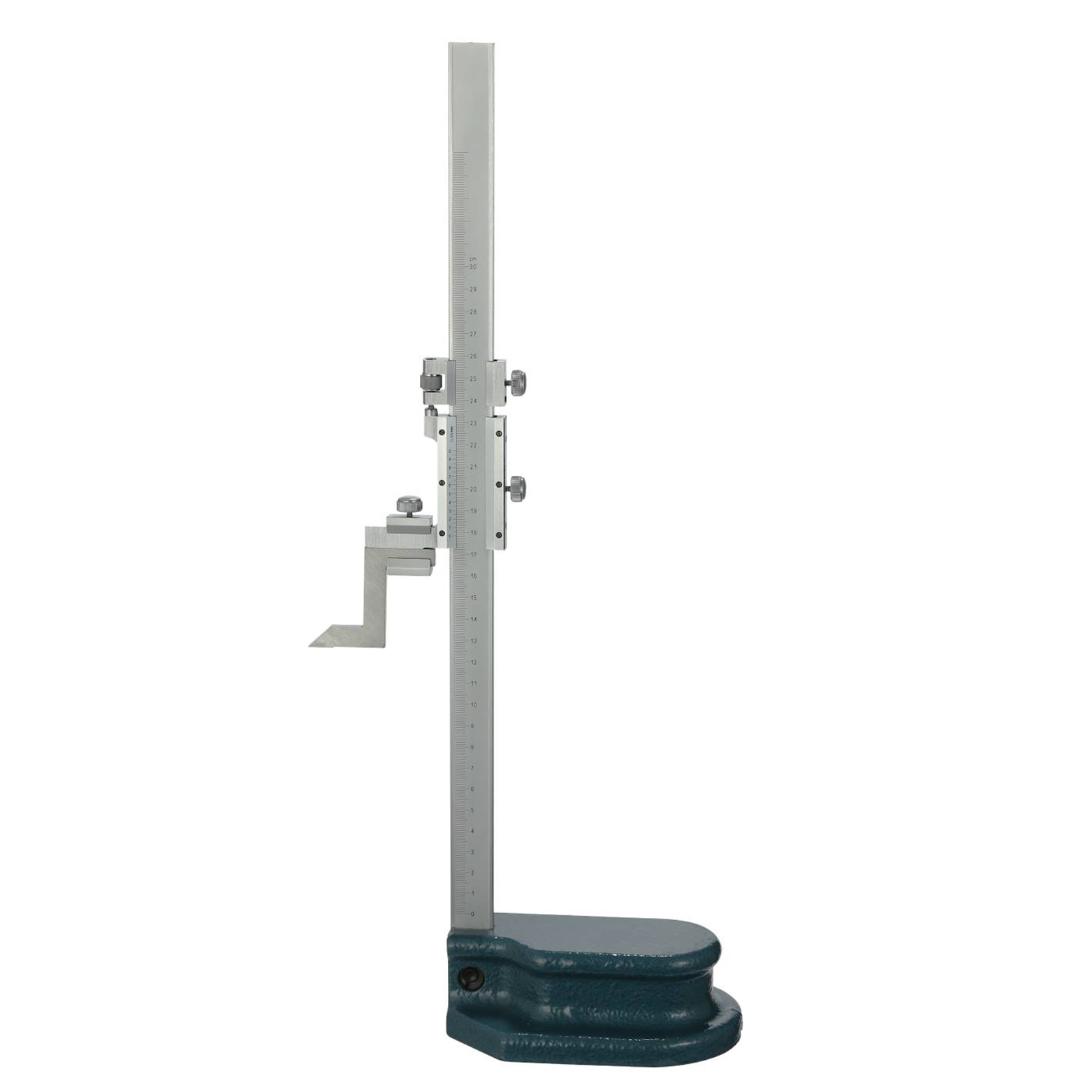Hand Tap Factory
Choosing the right hand tap factory requires careful consideration of several factors including material quality, precision, customization options, and price. This guide explores these key aspects to help you make an informed decision when selecting a hand tap factory.
Understanding Hand Taps and Their Importance
Hand taps are essential tools for creating internal threads in materials like metal, plastic, and wood. They are used manually, often with a tap wrench, making them ideal for small-scale threading operations, repairs, and situations where powered equipment is not available. The quality and precision of hand taps directly impact the accuracy and strength of the threads produced.
Types of Hand Taps
There are primarily three types of hand taps in a set: taper, plug, and bottoming. Each serves a specific purpose in the threading process:
- Taper Tap: Features a gradual taper for easy starting and initial threading.
- Plug Tap: Has a less pronounced taper and is used after the taper tap to create a deeper thread.
- Bottoming Tap: Possesses almost no taper and is used to thread to the bottom of a blind hole.
Key Considerations When Choosing a Hand Tap Factory
Selecting the right hand tap factory is crucial for ensuring you receive high-quality, reliable tools. Here's what to look for:
Material Quality and Manufacturing Process
The material used to manufacture hand taps greatly affects their durability and performance. Common materials include high-speed steel (HSS), carbon steel, and cobalt steel. HSS is a popular choice due to its balance of hardness and toughness. The manufacturing process should involve precise machining and heat treatment to ensure consistent thread quality and longevity.
High-speed steel (HSS) hand taps are often the go-to for general purpose threading due to their wear resistance. Cobalt steel taps offer even greater heat and wear resistance, making them ideal for harder materials. Carbon steel taps are generally less expensive but less durable.
Precision and Accuracy
Accurate threading is paramount. Ensure the hand tap factory employs rigorous quality control measures to maintain dimensional accuracy and consistent thread profiles. Look for certifications like ISO 9001, which indicates a commitment to quality management.
Customization Options
Depending on your specific needs, you may require custom hand taps with specific thread sizes, materials, or coatings. A reputable hand tap factory should offer customization options to meet these unique requirements.
Pricing and Minimum Order Quantities
Compare pricing across different hand tap factory options, but remember that the cheapest option isn't always the best. Consider the long-term cost of using low-quality taps, which may include frequent replacements and thread failures. Also, inquire about minimum order quantities (MOQs) to ensure they align with your production needs.
Reputation and Experience
Choose a hand tap factory with a proven track record and positive customer reviews. A company like Wayleading Tools, with years of experience in the cutting tool industry, can provide valuable expertise and reliable products. They understand the intricacies of hand tap manufacturing and can offer guidance on selecting the right tools for your application.
Evaluating Potential Suppliers
Once you have identified potential hand tap factory candidates, conduct a thorough evaluation. Consider the following:
Request Samples
Ask for samples of their hand taps to assess the quality firsthand. Inspect the threads, check the hardness, and test them on your materials.
Review Certifications
Verify that the factory holds relevant certifications, such as ISO 9001, which demonstrates a commitment to quality management.
Visit the Factory (If Possible)
If feasible, visit the hand tap factory to observe their operations and assess their capabilities.
Check References
Ask for references from other customers and contact them to gather feedback on their experience.
Case Study: Choosing the Right Hand Tap for Aluminum Threading
Imagine you need to thread aluminum components for a project. Aluminum is a relatively soft metal, and using the wrong tap can result in damaged threads. A hand tap factory knowledgeable in material properties would recommend a tap with specific geometry and coating to minimize friction and prevent chip build-up, which can lead to thread stripping. The factory might suggest an HSS tap with a bright finish or a TIN coating for optimal performance in aluminum.
Common Mistakes to Avoid
Avoid these common mistakes when sourcing hand taps:
- Ignoring Material Compatibility: Using the wrong type of tap for the material being threaded.
- Overlooking Quality Control: Neglecting to verify the factory's quality control processes.
- Focusing Solely on Price: Prioritizing price over quality, which can lead to long-term problems.
Conclusion
Selecting the right hand tap factory requires careful research and evaluation. By considering material quality, precision, customization options, price, and reputation, you can make an informed decision and ensure you receive high-quality hand taps that meet your specific needs. Remember to request samples, verify certifications, and check references to ensure you are partnering with a reliable supplier.
Related products
Related products
Best selling products
Best selling products-
 Precision IP54 Digital Outside Micrometer Of Inch & Metric With Data Output
Precision IP54 Digital Outside Micrometer Of Inch & Metric With Data Output -
 HSS Involute Spline Cutter With PA30
HSS Involute Spline Cutter With PA30 -
 Precision V Block And Clamps Set With High Quality Type
Precision V Block And Clamps Set With High Quality Type -
 Stub Milling Machine Arbor With NT, R8 and MT Shank
Stub Milling Machine Arbor With NT, R8 and MT Shank -
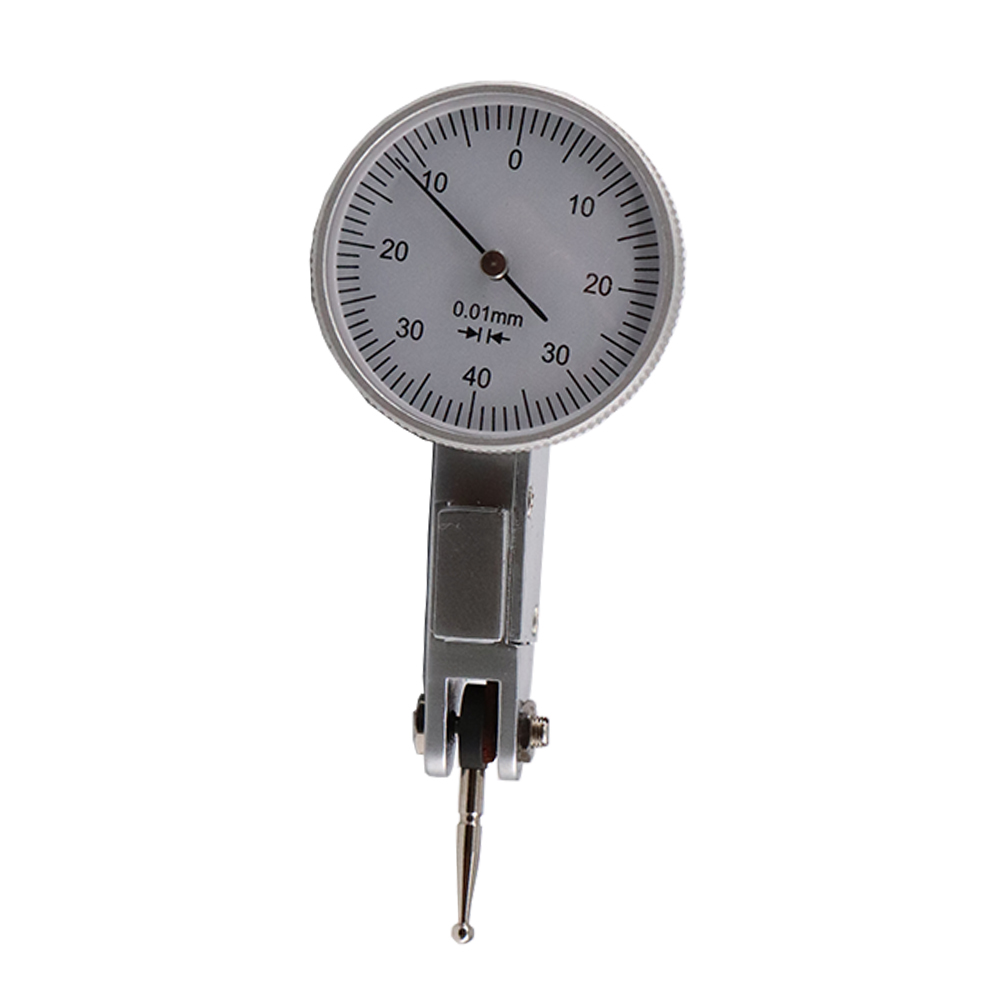 Precision Dial Test Indicator Gage For Industrial
Precision Dial Test Indicator Gage For Industrial -
 9PCS Broken Tap Extractor Set With Storage Box
9PCS Broken Tap Extractor Set With Storage Box -
 30PCS HSS Metric And Inch Size MINI Tap & Die Set
30PCS HSS Metric And Inch Size MINI Tap & Die Set -
 HSS Threading Taps – ISO 529, Straight Flute, Spiral Flute & Spiral Point
HSS Threading Taps – ISO 529, Straight Flute, Spiral Flute & Spiral Point -
 Round Die Wrench For Thread Cutting Tools
Round Die Wrench For Thread Cutting Tools -
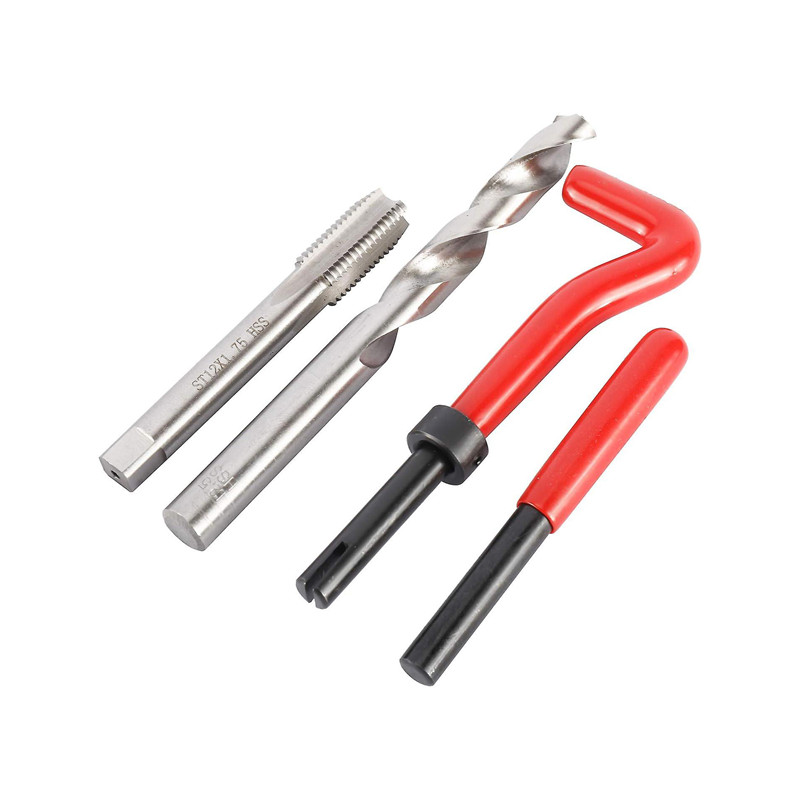 131PCS Thread Repair Set And Helicoil Type Thread Repair Set
131PCS Thread Repair Set And Helicoil Type Thread Repair Set -
 Precision Vernier Caliper With Nib Style & Standard Style Jaws Of Metric & Imperial For Industrial
Precision Vernier Caliper With Nib Style & Standard Style Jaws Of Metric & Imperial For Industrial -
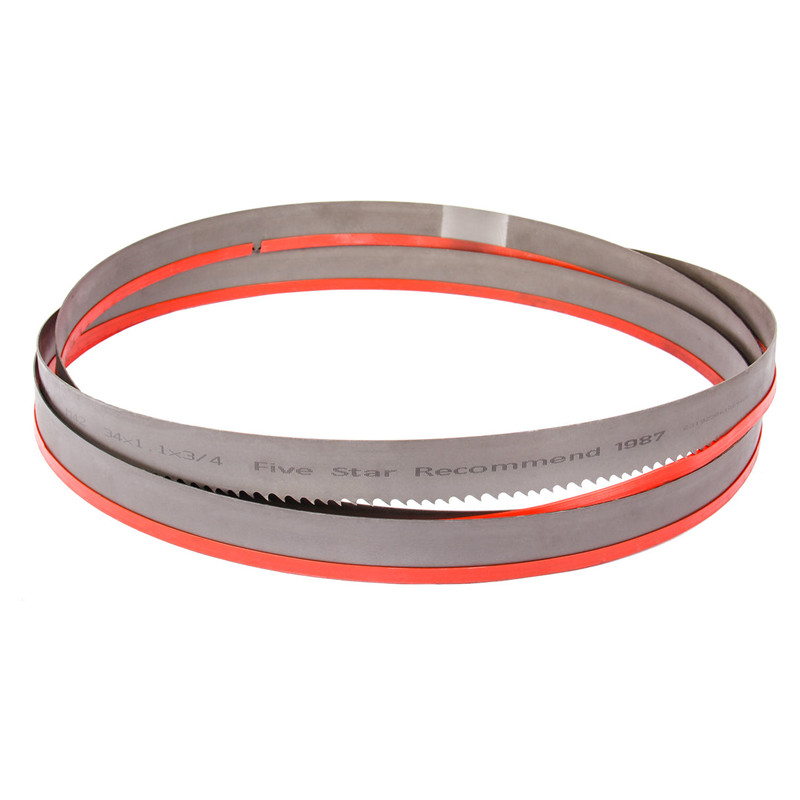 M51 Bi-Metal Bandsaw Blades For Industrial Type
M51 Bi-Metal Bandsaw Blades For Industrial Type



